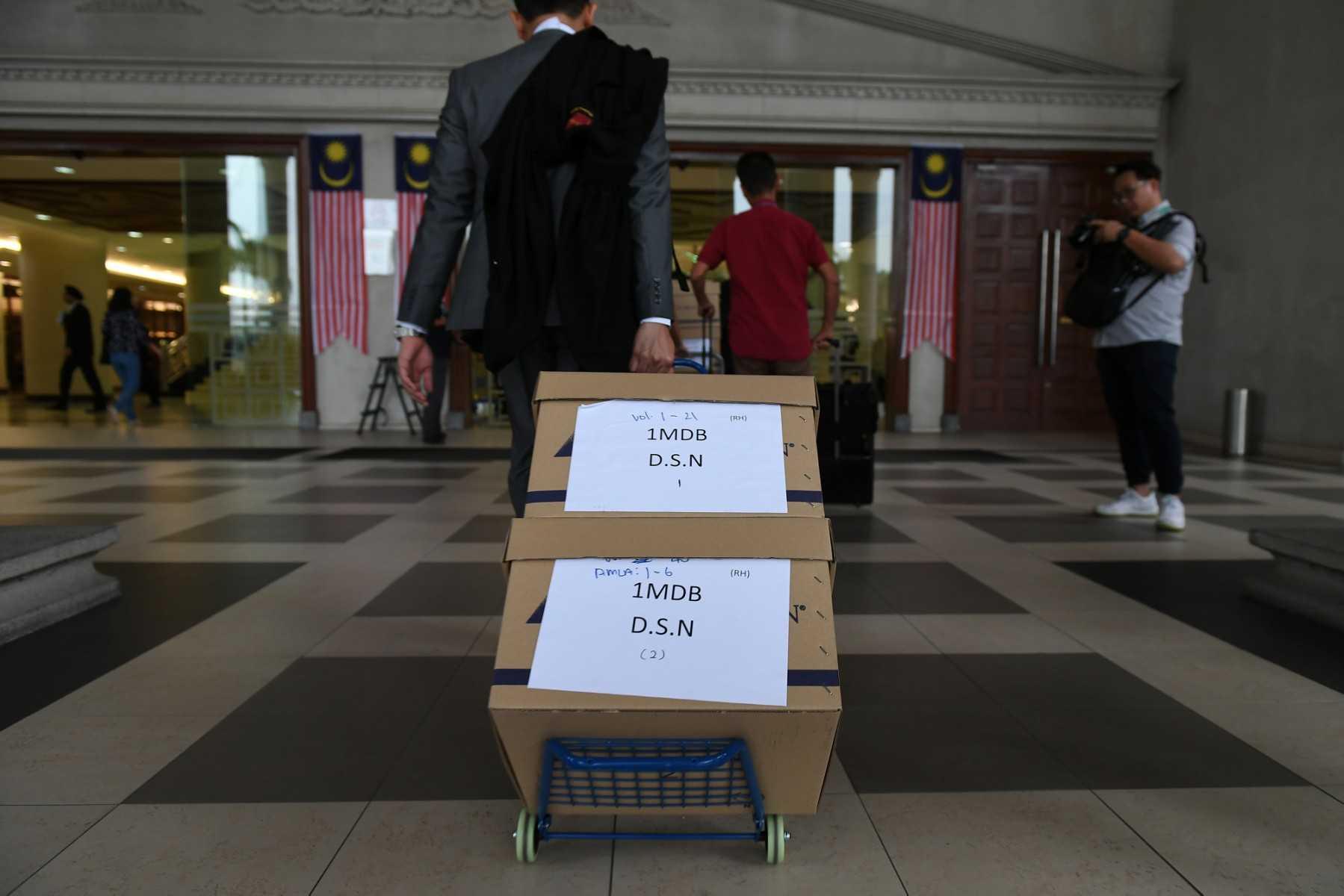Regulate political funding to prevent 'wild claims' from taking root, law expert says
Haidar Dziyauddin says such laws are already common practice in other countries and that Malaysia should not be left behind.
Just In
With a string of politicians under scrutiny or in court over the discovery of millions in their personal bank accounts, one legal expert warns that a lack of specific laws to regulate the giving of political funds could make it difficult for the authorities to determine if such contributions are for the stated purposes or corrupt reasons.
Speaking to MalaysiaNow, Haidar Dziyauddin said Malaysia's absence of clearly defined regulations on political funding had given rise to a situation where any party could receive contributions without limit.
He added that the lack of regulation could give space for dubious activities or be used as a way to "legalise" contributions and the use of funds.
While the authorities could act on suspicions over so-called fundraising activities in these accounts, he said, this did not mean that the case would receive a conviction in court.
"In fact, there are some cases in court where political funds are used as an excuse to clear the accumulation of money in their personal accounts," he said.
"All that they need is a witness who claims to have made the donation with proof of the transaction for the purpose of political funding."
Arguably the most prominent example of issues related to political funding is that of former prime minister Najib Razak, who was investigated over the discovery in May 2018 of RM114 million believed to be related to troubled state firm 1MDB.
In March 2021, though, the court dismissed the government's application to forfeit the cash due to a lack of evidence linking it to 1MDB or criminal activity.
Najib meanwhile said that the cash was a contribution to Barisan Nasional to be used for the 14th general election.
Political funds were also brought up in the graft trial of Umno president Ahmad Zahid Hamidi, where witness Harry Lee Vui Khun – the former director of Ultra Kirana Sdn Bhd – told the court on May 19 that the money given to the former deputy prime minister was not corrupt but for political purposes.
Lee had earlier said that the payments to Zahid began in late 2014, at S$200,000 a month before increasing to S$520,000 a month in 2017.
Haidar, who is UiTM's legal adviser, said the giving of political funds would continue as long as there was no law governing the matter.
He said the parties involved, whether the givers or the receivers, would likewise have no obligation to disclose or declare the donation.
This, he said, had given rise to concerns over abuse for self-interest and "backdoor" benefits.
"If a political party has a lot of funds and assets beyond what is reasonable, it will definitely raise questions and doubts," he said.
"Public scepticism about the validity of sources is inevitable. And the public has a right to know as they are involved in the democratic process of forming the government, which involves public interest."
In May, Prime Minister Ismail Sabri Yaakob who chaired a meeting of the Special Cabinet Meeting on Anti-Corruption said the Political Contribution Bill was important as there were no rules regulating political financing.
He said it would help prevent the risk of corruption and abuse of power among politicians.
However, the bill has yet to be brought to Parliament as it requires deliberation by Cabinet members before further discussion with political parties.
Haidar said the law was already common practice in many other countries, adding that Malaysia should not be left behind in creating a transparent ecosystem to retain public confidence.
"As long as there is a void that raises suspicion, it can erode confidence in the government," he said.
"Wild perceptions and accusations will be difficult to curb once they have taken root in society.
"So the parties involved need to be transparent in their actions so that public suspicion turns into confidence. And this can be achieved through the introduction of new laws."
Subscribe to our newsletter
To be updated with all the latest news and analyses daily.
